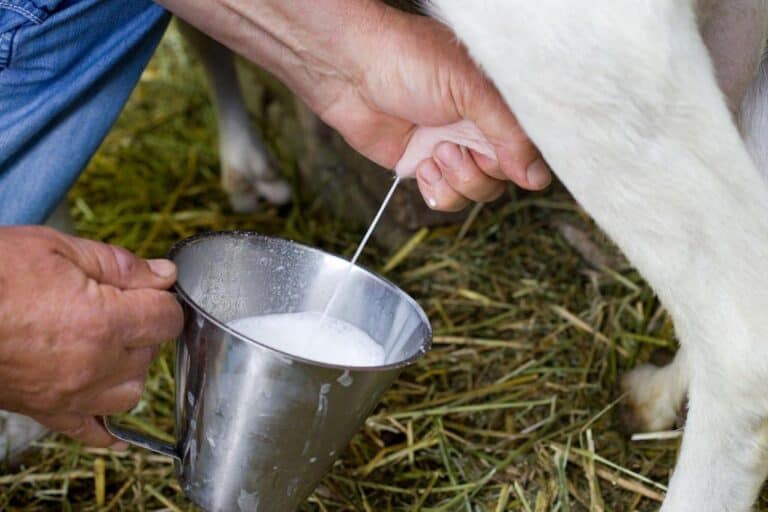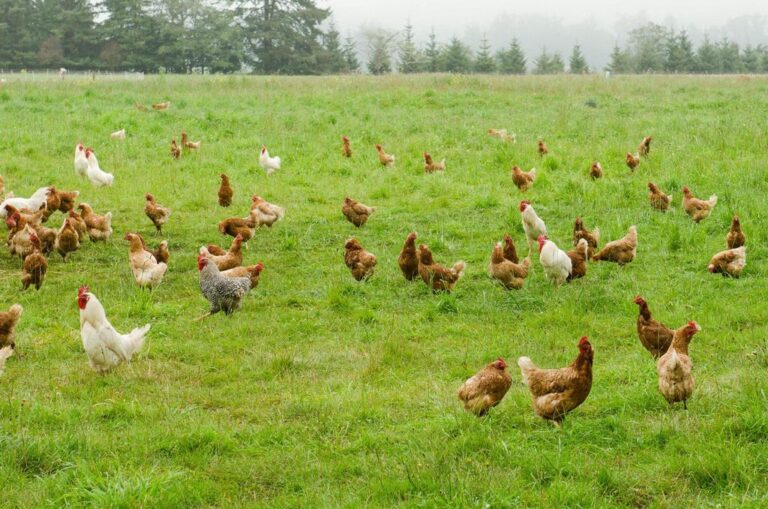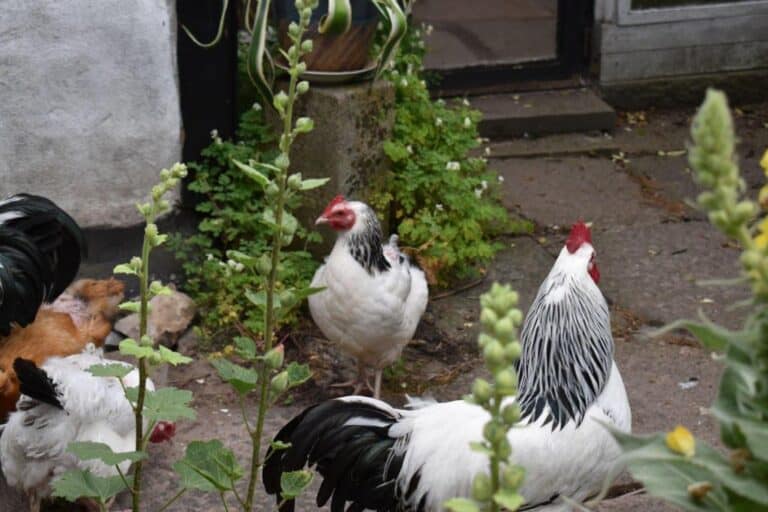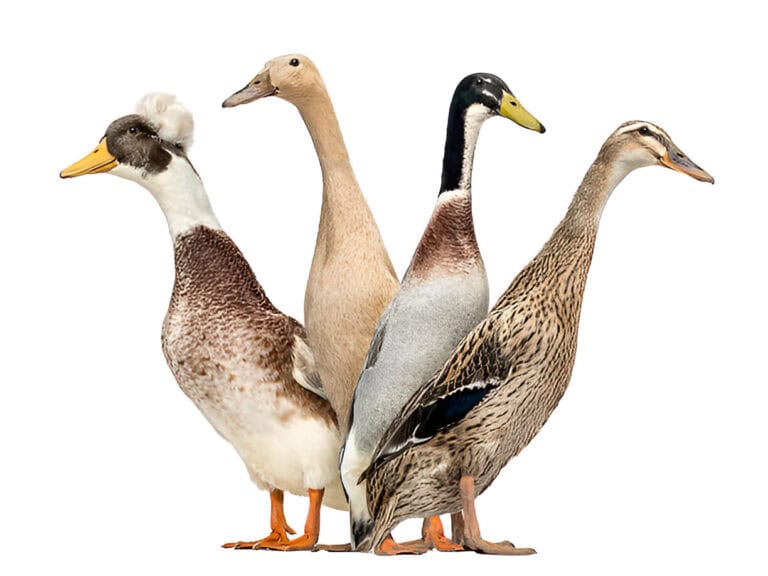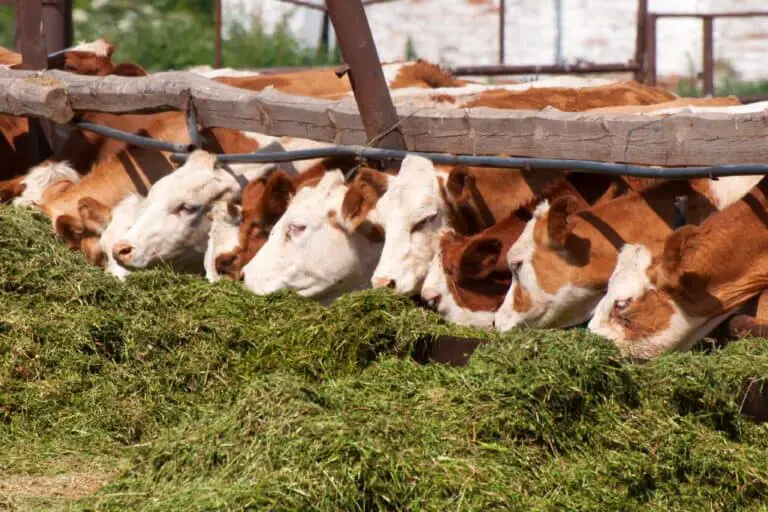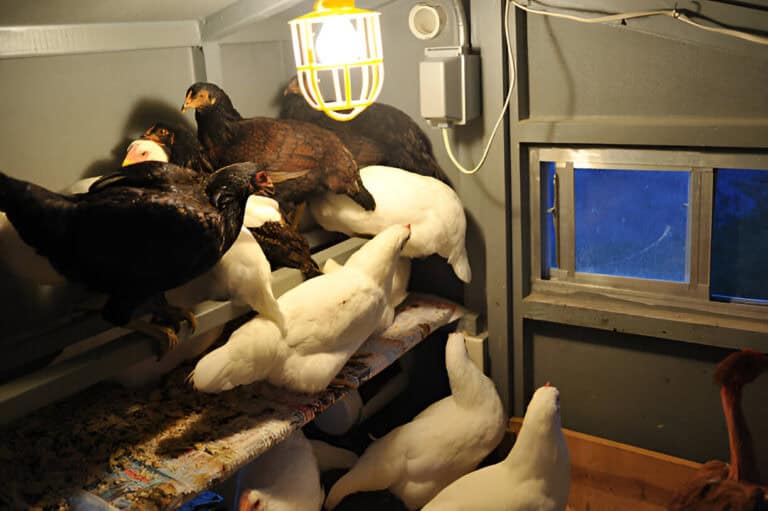Can Ducks Lay Eggs Without a Mate? The Surprising Truth Behind Egg Production
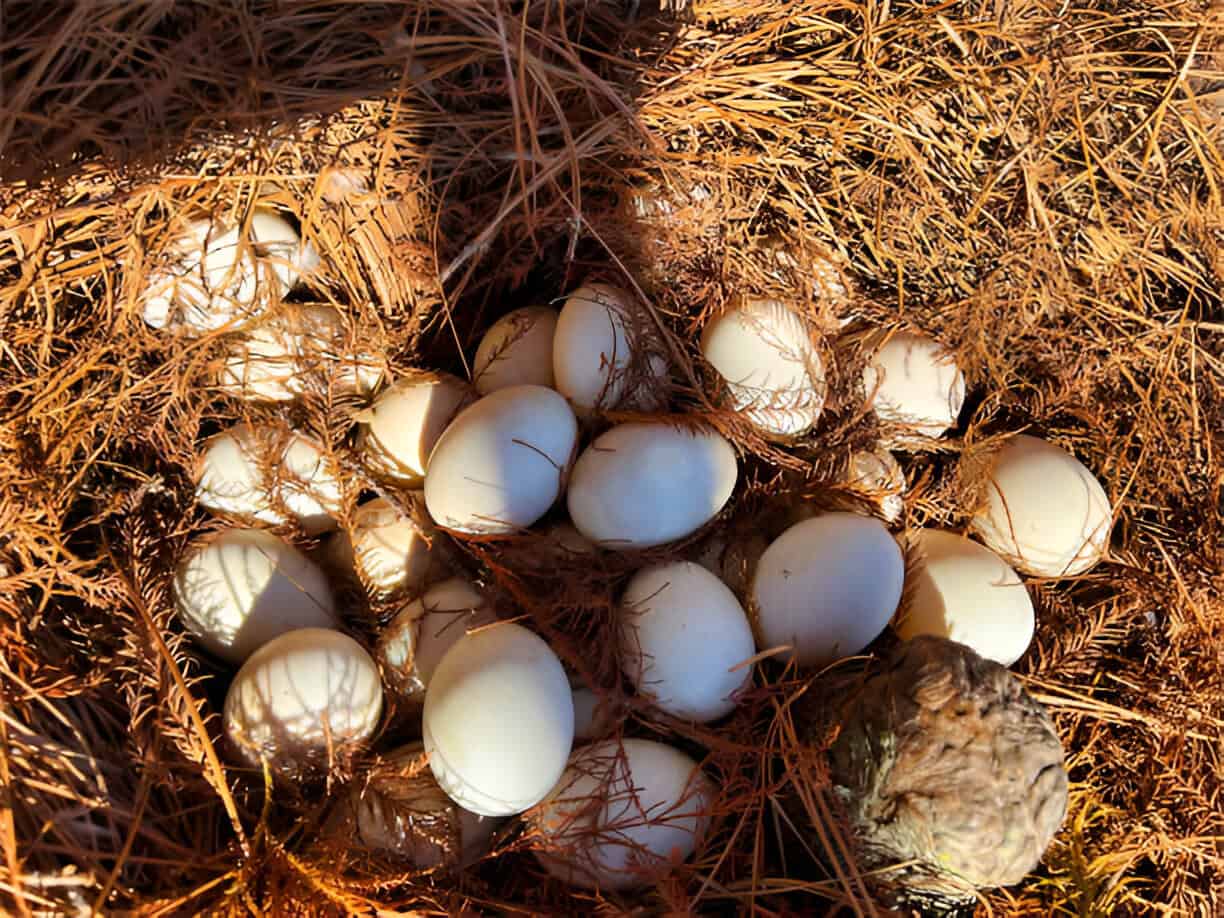
When it comes to raising ducks, one of the most common questions I get asked is whether ducks need a mate to lay eggs. It’s a great question and one that comes with a few surprises. As much as ducks are known for their social nature and strong mating habits, the truth is a bit more complex.
In this blog post, I’ll take you through the fascinating world of duck egg production, debunking myths and answering some of the most commonly asked questions about whether a mate is necessary for ducks to lay eggs.
Ducks and Egg Production: A Natural Process
To start, let’s clarify something that might be surprising: ducks, like hens, can indeed lay eggs without a mate. Just like chickens, ducks have an internal reproductive cycle that allows them to produce eggs, even in the absence of a male. This is because laying eggs is a biological function, and it occurs whether or not the egg is fertilized.
However, just because ducks can lay eggs without mating doesn’t mean the eggs will always be viable. For an egg to hatch into a duckling, fertilization is necessary. This requires the female to mate with a male duck.
Without mating, the eggs will remain unfertilized and, in that sense, will only serve as a source of food for us humans, rather than new ducklings.
Why Do Ducks Lay Eggs Without Mating?
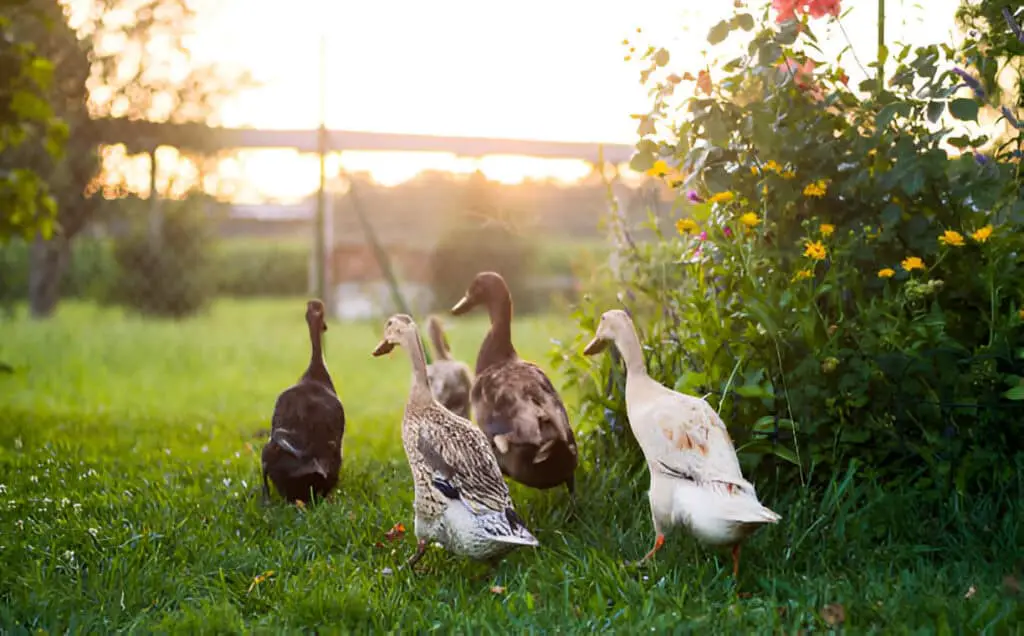
You might wonder, why do ducks lay eggs at all if there’s no chance for fertilization? Well, it all comes down to their natural reproductive cycle. Ducks, like all birds, are wired to reproduce.
Female ducks (hens) will lay eggs as part of their regular cycle, whether they’ve mated or not. Egg-laying is driven by hormonal changes, which happen regardless of the presence of a male.
The hormonal changes that lead to egg production can occur in cycles, often stimulated by environmental factors like daylight, temperature, and the season. In fact, ducks will continue to lay eggs regularly during the spring and summer months, which is their natural breeding season.
Is There a Difference Between Fertilized and Unfertilized Eggs?
While both fertilized and unfertilized eggs are virtually identical in appearance and taste, there is one major difference between the two: fertilization. A fertilized egg has been inseminated by a male duck, and if incubated under the right conditions, it has the potential to develop into a duckling.
An unfertilized egg, on the other hand, won’t develop into anything and will simply remain as food.
Fertilized Eggs:
- May develop into ducklings if incubated correctly.
- Require the presence of a male duck.
- Can be eaten like unfertilized eggs, but people who want to hatch them should avoid eating them.
Unfertilized Eggs:
- Do not develop into ducklings.
- Are the type most commonly laid by ducks who don’t have a mate.
- Are the ones most people eat.
Can Female Ducks Lay Eggs All Year Round?
Yes, female ducks can lay eggs without a mate throughout the year, but their egg-laying frequency is typically highest during the spring and summer months when their natural reproductive cycle is in full swing.
Ducks generally lay eggs every 1-2 days during this period. However, when the colder months hit, their egg production tends to slow down, especially if they aren’t exposed to artificial light or warmth that mimics the conditions of spring.
If you’re keeping ducks and want to maximize egg production, you might need to provide supplemental lighting during the winter months to extend their egg-laying cycle.
What Happens to the Eggs If No One Incubates Them?
If you’re keeping ducks for eggs, it’s important to know what happens to those eggs if they’re not incubated. As I mentioned before, if the eggs aren’t fertilized, they won’t develop into ducklings. So, what you’re left with is a perfectly edible egg! Many people raise ducks primarily for their eggs, and these unfertilized eggs are delicious, with a richer taste than chicken eggs.
However, if you’re hoping to have baby ducks, and there’s no male around to fertilize the eggs, then you won’t be able to hatch ducklings. That said, some ducks will instinctively try to brood over their eggs even if they’re not fertilized. This behavior is often seen in ducks who have access to a nest box and feel the urge to incubate their eggs, even though the eggs will never hatch.
How Do I Know If My Duck’s Eggs Are Fertilized?
If you’re trying to hatch ducklings and want to know if the eggs are fertilized, you can perform a simple process called “candling.” Candling involves holding an egg up to a bright light (like a flashlight) and looking for signs of development inside the egg. If the egg is fertilized, you’ll see a dark spot or veins inside, indicating that the egg is developing.
If you see no signs of development, then the egg is unfertilized and will not hatch, but it’s still perfectly fine to eat!
| Read: Do Ducks Lay Unfertilized Eggs? Here’s What You Need to Know |
Should You Provide a Mate for Your Female Duck?
If you want your ducks to breed and produce fertile eggs, it’s a good idea to provide a mate for your female duck. Having a male duck will ensure that the eggs are fertilized, and with the right care, you could have baby ducks in no time. But it’s essential to understand that a female duck can still live a happy, healthy life, even without a mate, as long as she is being well cared for.
If you’re keeping ducks primarily for eggs, then a single-sex group of ducks (all females) will work just fine, and you won’t have to worry about any mating behavior. However, if you’re interested in hatching eggs and growing a flock of ducks, a male is necessary to fertilize the eggs.
Final Thoughts: Ducks and Egg Production
In conclusion, ducks can indeed lay eggs without a mate. It’s a fascinating part of their natural cycle, and even though these eggs won’t develop into ducklings, they still provide a valuable source of food. Whether or not you decide to have a male duck around depends on your goals—if you want to raise ducklings, a mate is a must. If you’re more interested in egg production, then a group of females can live just fine without a male.
The most important thing is to understand the natural behavior of your ducks and ensure they’re happy and healthy. Whether you have a mate for each female or just a group of hens, keeping ducks can be a rewarding and enjoyable experience.

